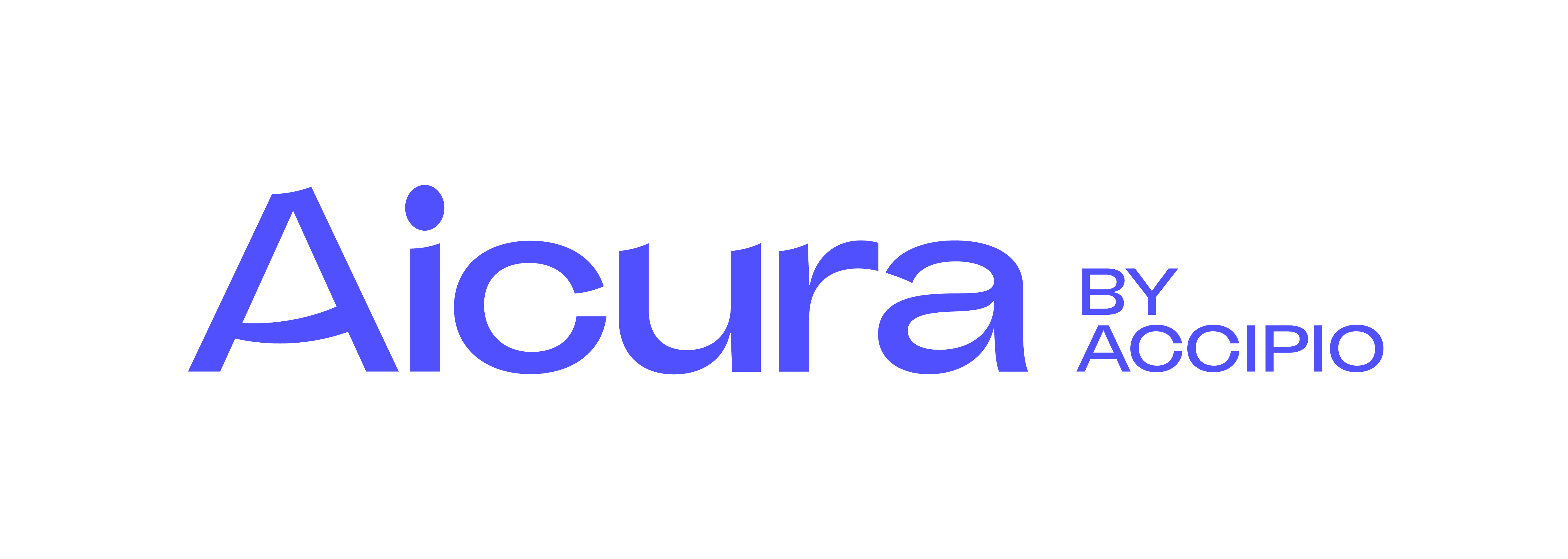11 Apr Integrated Leadership
The Integrated Psychological leadership model is so called because it integrates the thinking behind the four other leadership models sub-groups, while also addressing the leader’s inner psychology, which tends not to be considered in other more traditional or conventional types of leadership models. James Scouller’s Three Levels of Leadership model arguably pioneers this category. Scouller’s model can be regarded as a relatively new view of leadership.
Scouller’s model
The Integrated Psychological Leadership approach is a relatively recent development in thinking on effective leadership. It was pioneered by James Scouller and his Three Levels of Leadership Model aims to offer a practical view of leadership that: ‘Helps individuals become more effective leaders, enable them to apply servant leadership, authentic leadership and value-based leadership to their practice and combine the strengths of previous theories while also addressing their weaknesses.’
Part of Scouller’s approach has been to examine the strengths and weaknesses of a number of traditional and early leadership models. By undertaking this analysis, he found that these models only ‘captured part of the truth about effective leadership, and they largely ignored the ‘leadership presence’ and the leader’s psychology. Therefore, they didn’t offer a complete guide to becoming a better leader.’
Scouller’s defines leadership as a four dimensional process:
–Motivating a future or purpose; defining a purpose and direction in order to inspire a team and increase motivation
–Task and result; digging deep in order to produce a quality result and paying attention to the means and pace of the work
–Upholding group spirit and standards; to not only increase motivation but to inspire a team to want to continually achieve their best
–Attention to individual needs; looking at the specific needs of individuals and their strengths and weaknesses
Note that Scouller describes leadership as a process, in that we make a series of choices along our journey of executing a goal. He mentions, if you perceive it in this way, you are less likely to see leadership being the same thing as a leader.
According to Scouller, these four dimensions are paramount in successful leadership. He mentions, the purpose of leadership is to make sure there is leadership, so even if certain parts of the organisation are delegated to other capable team members, identifying a vision and common goal is still essential in creating your following.
main idea for Scouller’s Three Levels of Leadership model is that for leaders to be effective, they must work on three levels of Outer levels leadership simultaneously. The first two are outer or behavioural levels: Public and Private Leadership that help the leader understand what they have to do in their role. The third and most Inner level influential, Personal Leadership, is an inner level centring on the leader’s technical knowhow, skill, attitude to other people and psychological self-mastery so that they can develop their skills and behave in a more powerful manner.
Public Leadership: This level involves a leader’s actions in a group setting (for example, a meeting) or when trying to influence an organisation as a whole. This includes setting the vision, ensuring unity of purpose, achieving the group task, building an atmosphere of trust and togetherness and creating peer pressure towards shared, high performance standards.
Private Leadership: This is the leader’s one-to-one handling of group members. It recognises that although team spirit is essential, everyone is an individual with differing levels of confidence, resilience, experience and motivation. Individuals need individual attention as well as group bonding.
Personal Leadership: This level is the most influential of the three levels. It refers to leaders’ technical, psychological and moral growth and its effect on their leadership presence, know-how, skill and behaviour. It drives a leader’s emotional intelligence, personal impact, skill, judgement and insight in action.
Scouller’s Three Levels of Leadership model seeks to use the strengths of traditional and earlier leadership theories, while also while addressing the leader’s psychology and the question of leadership presence and authenticity. Scouller’s model is therefore aptly called ‘integrated’.
The model incorporates and in some cases extends what Scouller considers to be the most useful aspects of prior theories, alongside Scouller’s own new and original thinking about leadership psychology, by which he aims to produce a model that is a step beyond previous concepts.
Scouller, J. (2011). The Three Levels of Leadership: How to Develop Your Leadership Presence, Knowhow and Skill. Cirencester: Management Books 2000., ISBN 9781852526818

